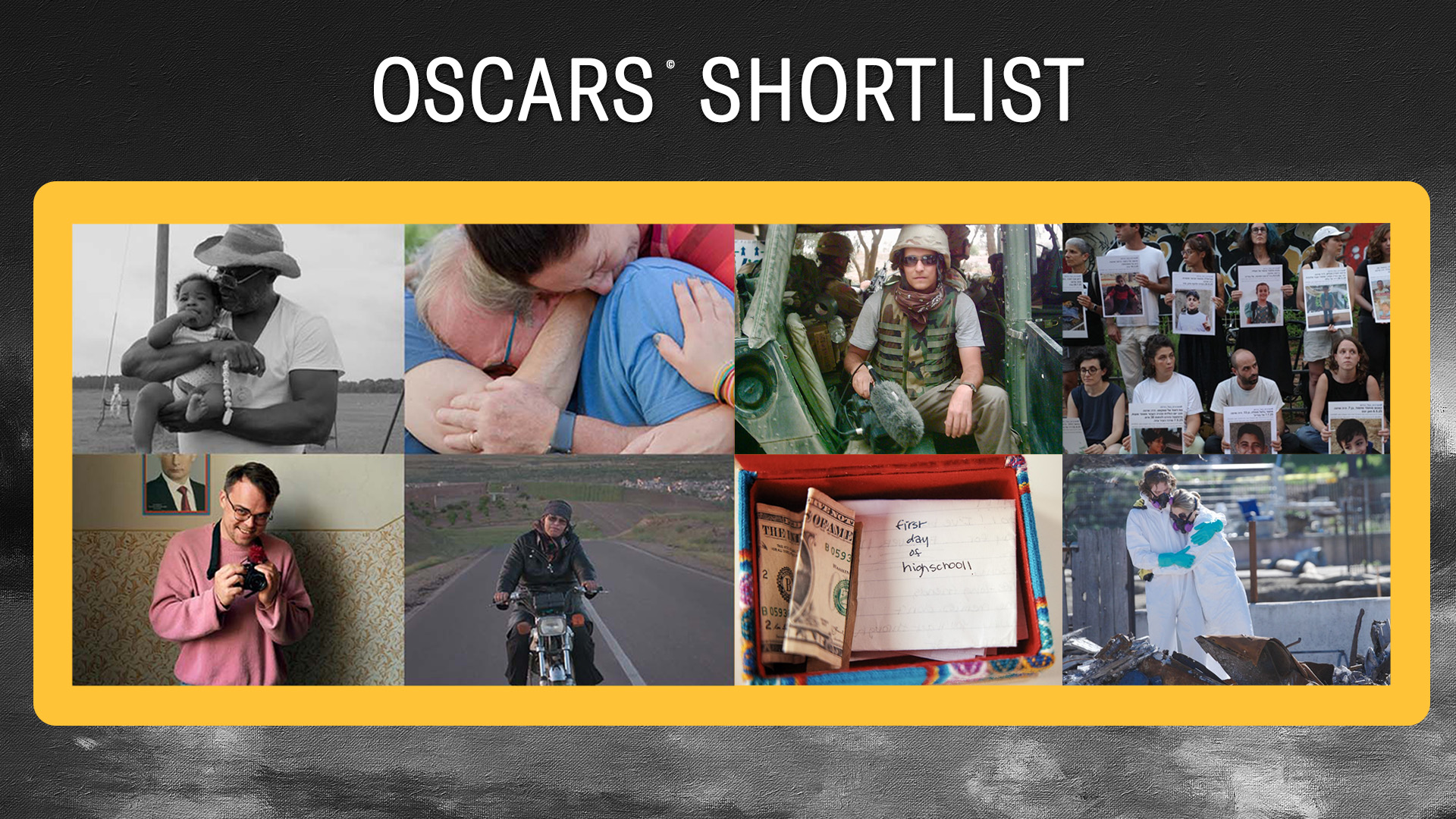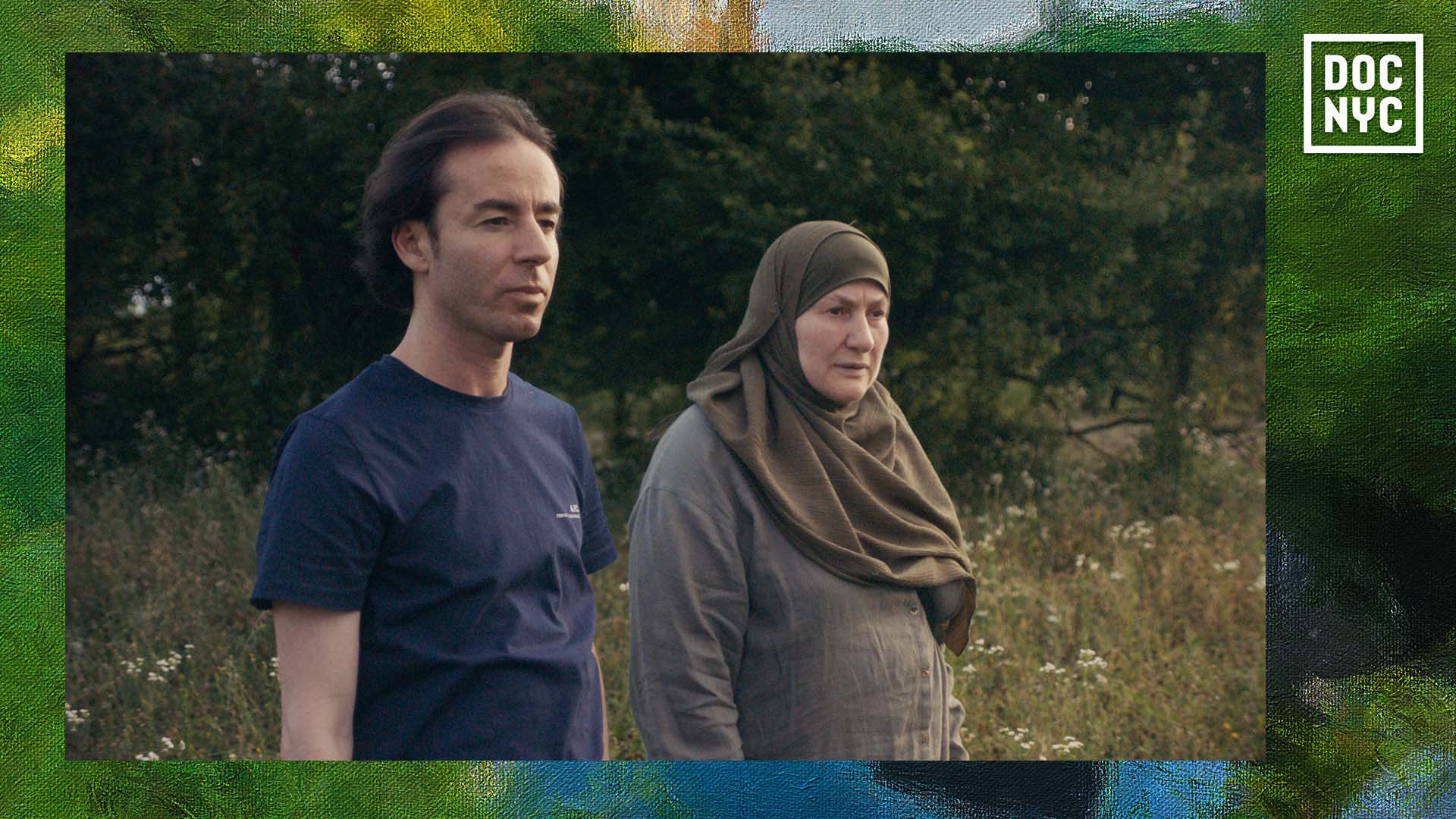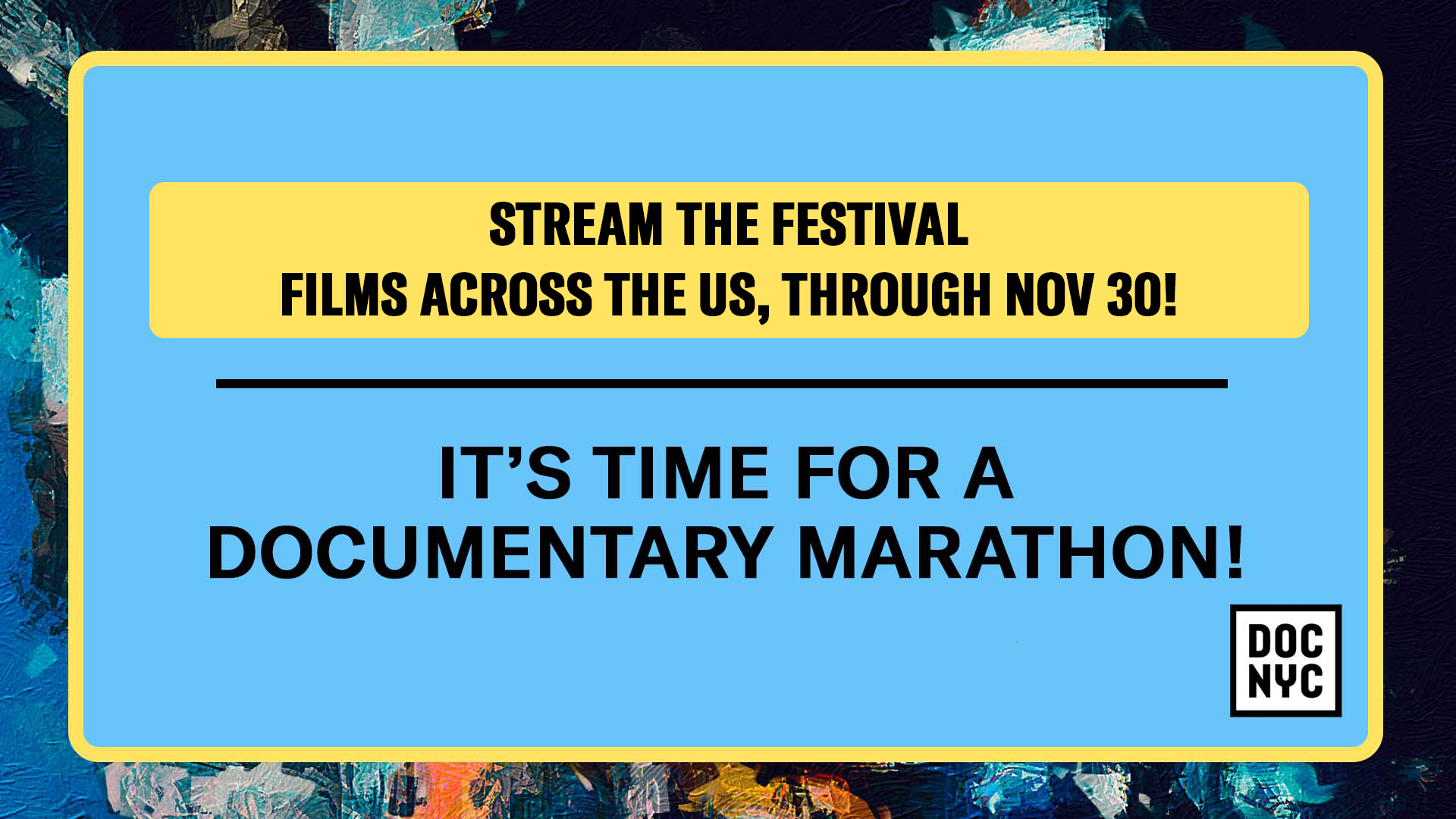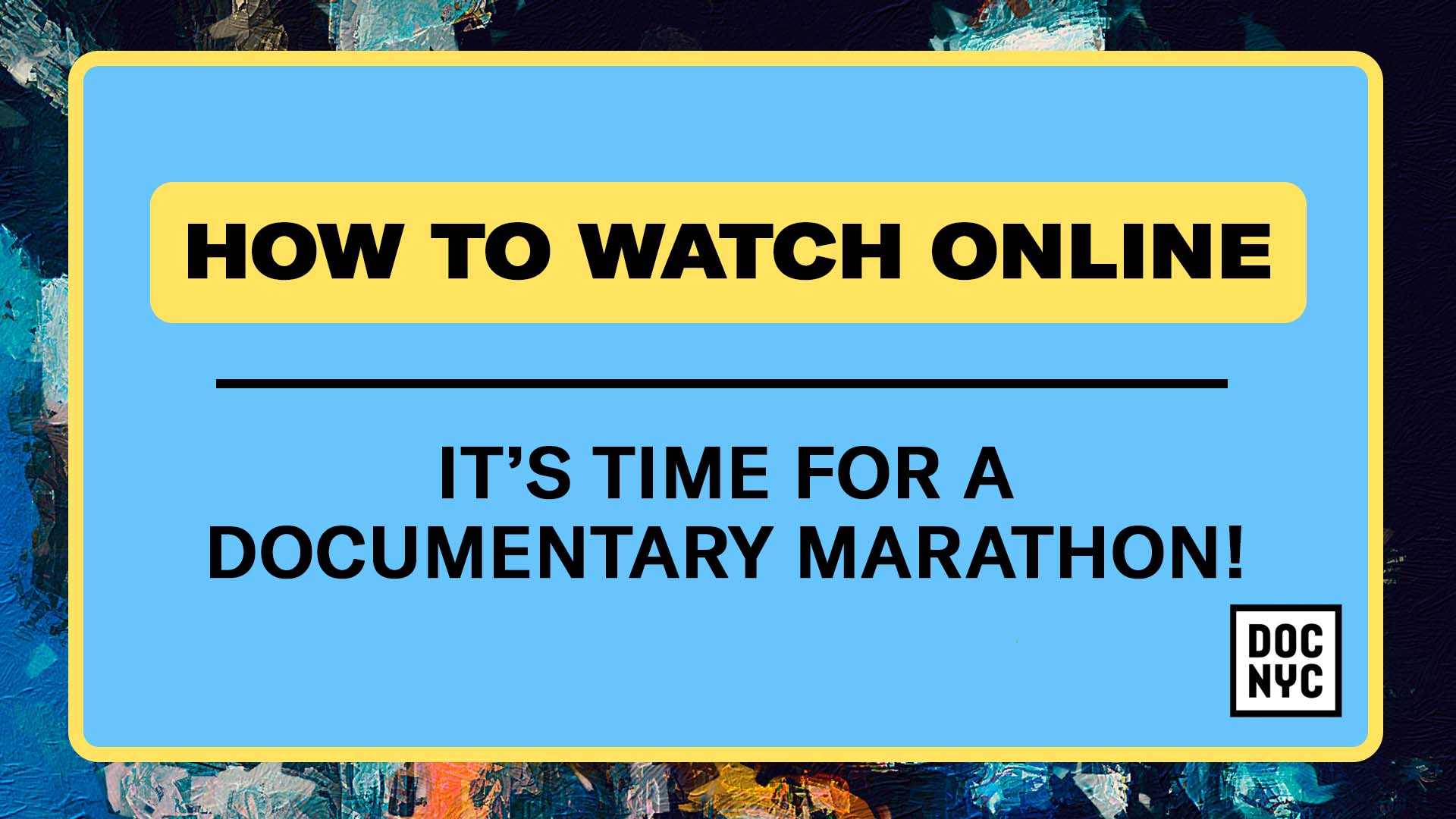Lessons in Crowdfunding: The Inside Scoop on Online Fundraising
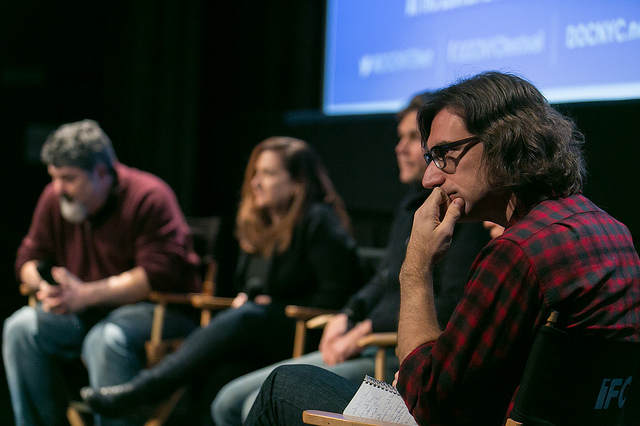
This post was written by DOC NYC blogger Minnie Li

Filmmakers Tia Lessin and Carl Deal (CITIZEN KOCH) and Sara Nodjoumi and Till Schauder (THE IRAN JOB) raised over $100K for their respective projects on Kickstarter. On Wednesday’s DOC NYC FUND YOUR DOC panel, they discussed their experiences with crowdfunding, and gave tips and tricks that they learned along the way.
The filmmakers said they were thrown into Kickstarter out of necessity. Lessin and Deal said they lost funding from ITVS for CITIZEN KOCH due to political reasons. Nodjoumi and Schauder, for their part, said they didn’t have much funding to begin with, and were encouraged by friends to raise money online. They actually did it twice—once for post-production funds, and the second time to pay for self-release.
The panelists suggested that, before filmmakers begin a crowdfunding campaign, they first strategize, find target audiences, create an outreach spreadsheet, and get good footage and a solid trailer in place. Incentives and rewards should also be creative and personal – Deal used original artwork by grassroots Wisconsinites, while Nodjoumi offered her father’s paintings. And of course, keeping your social media outlets stocked with fresh and creative content related to your project is a necessity.
But the panelists noted that crowdfunding doesn’t just raise funding; it also lets filmmakers build their audience. As Schauder said, “You need the small donations because that’s where you realize there’s an audience.” But an online campaign is a full time job. For Lessin, it was “30 days of 18 hours” per day—repeatedly emailing people, composing weekly press releases, and writing personal thank-you letters to their 3,500 backers. Donations for crowdfunding campaigns tend to spike at the beginning and at the end. It’s the in between that Nodjoumi called “the belly where nothing happens.” She added that the trick is to keep momentum going through a screening, a party or by getting press.
Where to set your fundraising goal was another question that the filmmakers had to figure out an answer for. Nodjoumi said $100K might seem like a high target, but there are taxes and time and money put into fulfilling the rewards. Deal added, “A key piece of advice: right before [your Kickstarter page] gets locked, put a link up there so people can continue to give.”
Despite all of the concerns related to fundraising, Lessin noted, “No matter how good a networker you are [or] an organizer you are, the film sells itself. You got to have something that people want to see or care about.”
